Coins Detecting With Metal Detector
When you are searching for lost items such as coins and jewelry with your metal detector, you don’t need to travel to faraway places to find them. All you need is to know the right places near your home where you can find these items. Some of the best places to find some valuable coins include:
Old Houses
Of course, old houses as a viable place to find valuable coins. This is where people spend most of their time, so they lose items here over the years. Coins fall out of their pockets and over the years it can be quite surprising just how many there actually are. A metal detector will find them in short order.
Many old folks hid their money in their homes and searching hold homes can make you find some serious coins hidden somewhere. Some of the places you should look for when searching old homes include old fence post holes, near big trees, in the garden, on the floor of the outer house, in the walls of the house, and on attic floors.
Along Rivers Banks and Beneath Bridges
Rivers and creeks are often the other end of drainage systems and often carry lots of coins, jewelry and other valuables from settlement areas. People like to swim and gather along rivers, particularly when they are near a town.
One more advantage with searching waterways is that most other metal detectorists will overlooks them because often their metal detectors are not waterproof. They might search along the banks, but can’t explore the shallow water unless they have a waterproof metal detector.
Lots of old stories about lost treasure talk about such being hidden by a creek, along a river bank too. If you are looking for old coins and treasure from the past then these are the right places for you to look, but you’ll need to do your research if you want to find these rare treasures.
Old Travel Routes
Old railroads and stations, wagon trails, and old hiking routes are some of the great places to hunt for old coins. In the old days, coins were used to pay for train fare and buy things on the train. This put trains stations and railroads in close proximity with a lot of coins every day. Quite a number of coins got lost near trains station and along railroads. Searching around old and abandoned railroad stations and along the railroads, you will be surprised with the amount coins you will discover.
Hiking and biking trails along with other more modern transport routes are places where coins and other interesting items can be lost. Of course, these are likely to be more modern items.
Old Bus Stops and Roadside Stands
Old Bus stops, old movie house compounds and old roadside stands (especially those meant for ice creams) makes for some great sites to search with a metal detector. Bus stops where people paid fare with coins, movie houses that were once popular with teenagers and young adults and roadside selling points for ice cream and other snacks were places were a lot of coins were handled and so many of them were lost. These places where people congregated are always worth checking out.
Picnic sites
People have always enjoyed spending their free time camping and picnicking. Most state parks and city parks offer serves as a picnic site for many people across different states. With a large number of people visiting these places every weekend and holiday, people tend to lose things from jewelry and coins to other valuables. Working such places with your metal detector will yield a lot of these things.
When hunting parks, forests and other picnic and camping sites make sure you pay attention to state and federal laws that govern such places. Some state parks prohibit digging while others allow digging only in certain areas. To avoid trouble with law enforcement stick to the laid out laws and make sure you are staying out of trouble.
Local Beaches
Your local beaches attract hordes of people each day and this is a great source of lost coins, jewelry and other items you can hunt for. In many cases, when people go to the beach they buy snacks and other items along the way and end up with coins as change. When they play on the beaches their coins and jewelry get lost in the sand. Sometimes they are foolish enough to take off their priced earrings, rings or chains which in the process get covered with the loose sand and they forget about it. Cold water will also make a ring come right off.
In some places, coins and other valuable carried to the ocean by the rivers get washed to the beach during the high tides. All these makes the sands on the rich in coins, jewelry, and other valuable items. With a metal detector, you can scan the sands on your local beaches and discover a lot of valuable items. Beaches have loose sands and you can easily dig up any buried items.
Common Mistakes People Make on Metal Detecting
One hobby that is becoming more and more popular is prospecting for gold using metal detectors. It is a relatively simple and inexpensive hobby that allows you to enjoy the beauty of nature while giving you a chance to make some money from precious finds.
While you might just be in the hobby for the fun walks, it still pays (literally) to avoid making mistakes. To help you with that, we have created this list of gold prospecting mistakes to avoid—all for a better experience with fewer obstacles. With no further ado, here they are:
Prospecting without permission
Make sure to look up the rules and regulations about prospecting and metal detecting in the area you plan to hunt in prior to making any plans. Prospectors might be required to obtain special permissions from the local authorities. If you’re detecting on private land, you will need permission from the owner as well. After all, you wouldn’t want your day hampered by a ticket for trespassing, a citation, or even an arrest.
Forgetting to bring the equipment
Other than your metal detector, you will need additional tools and equipment on your journey. The most obvious choice is a shovel of some kind, but keep in mind that there are different types of shovels for different types of earth. Sand, loose soil, or dry clay need varying shovel strengths. It might even be useful to bring a whole spade.
Tampering with artifacts
If you find any artifacts or antiques on your metal detecting trip, do not tamper with it or try to clean it until you’ve consulted an expert. In many cases, even just cleaning off the patina can significantly reduce an artifact’s value. If you find anything of note, make sure to bag it first and leave the processing, cleaning, and restoration to a professional.
Searching in the wrong place
Whether you’re prospecting for gold or historical artifacts, it is essential to understand where these objects are most often found. By studying the local history and the geological data, you might just be able to find something priceless. After all, the hobby is fun, but it might be even more fun if you find things.
Failing to track your progress
Anybody trying to find anything should carry a map. As they travel through the local area, they should mark and label any locations they’ve been in. Even if nothing was discovered in that location, it is still important to mark it, so you’re not exploring aimlessly. If you do find things, mark them on the map too; you might just end up discovering a trail or pattern in the discoveries!
Not carrying a pinpointer
A metal detector can find metal underground, but it can’t tell you how deep in the ground it is. A pinpointer, however, can. Without a pinpointer, you risk digging blindly into the earth. You might end up damaging whatever artifact is under the ground, ruining its potential value. With a pinpointer, you can avoid this and dig as gently as needed.
There’s a lot of fun in exploring or prospecting with a metal detector, but it certainly is better if your outings are productive. After all, wouldn’t it be utterly sublime to find some gold or a precious antique on your journey? Having a metal detector is just the first step; success could be the next with the right strategies.
Whether you’re a beginner or an experienced detectorist, it doesn’t entail much effort to make the most of your metal detector. As outlined above, all it takes is to learn your detector’s settings, increase its sensitivity, reduce its discrimination settings, and swing it close to the ground. With these simple yet practical tips and tricks up your sleeves, you’ll enjoy successful prospecting for many years to come.

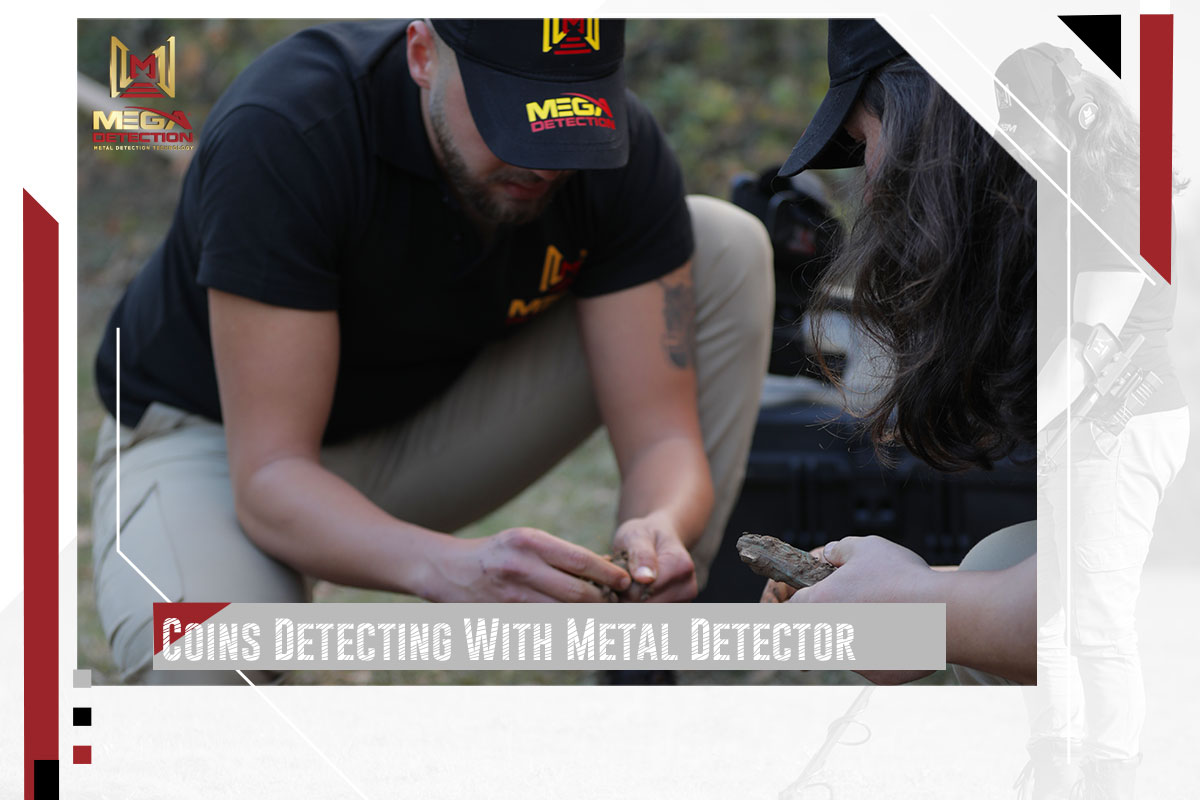

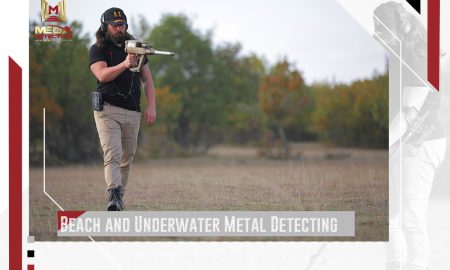
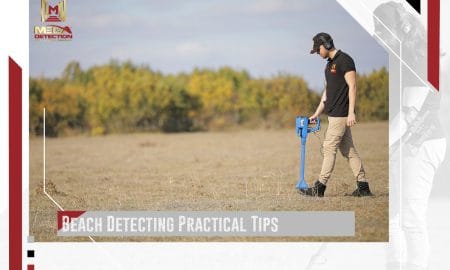
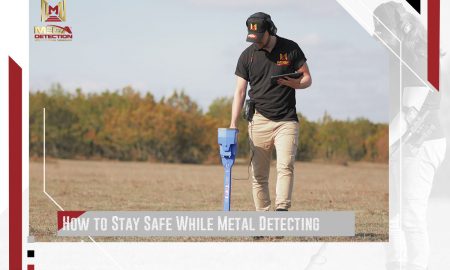

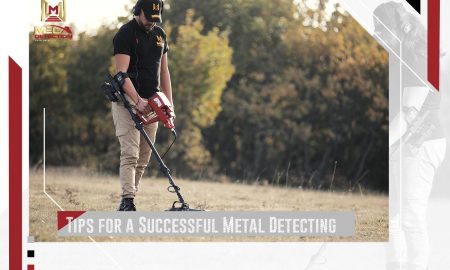
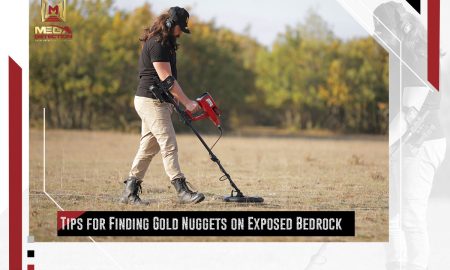
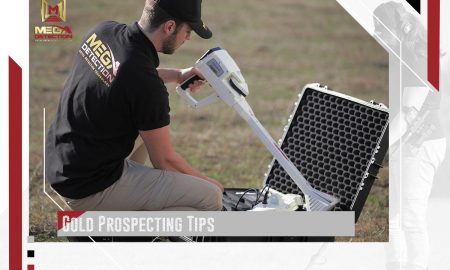
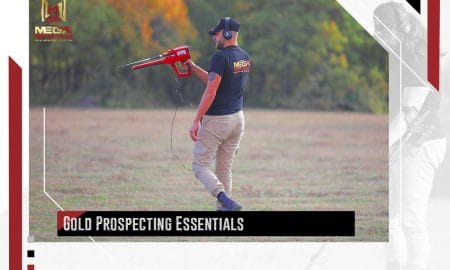

Leave a Reply